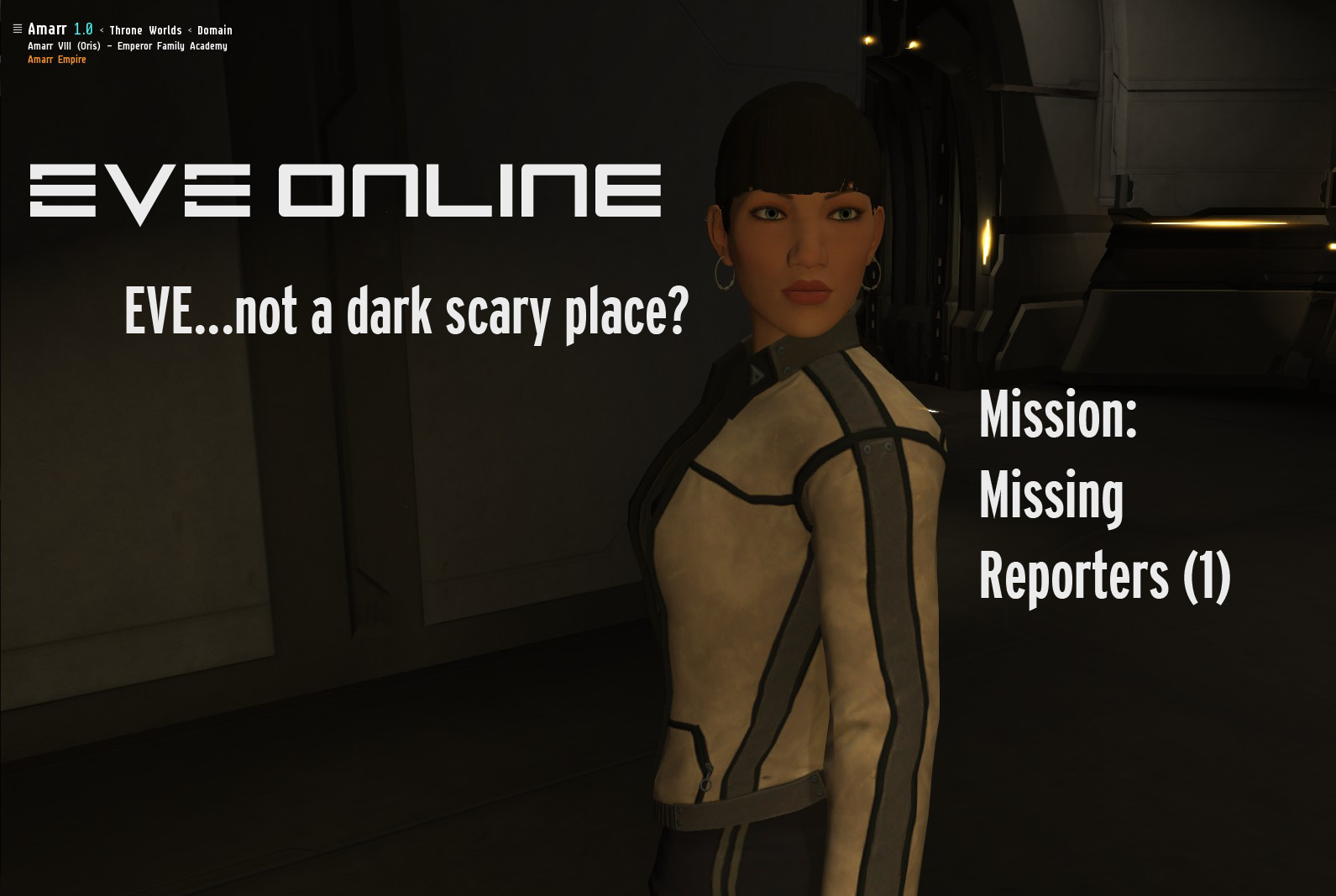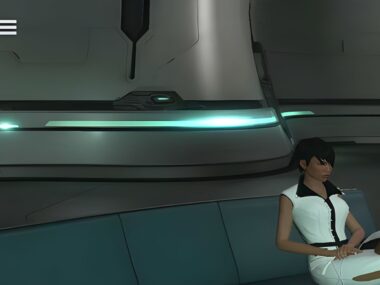The Promise of “Exciting Things”
Bethesda has teased a major update for Starfield, with senior producer Tim Lamb saying the team is working on “exciting things.” The big headline feature is a new cruise mode, a long-requested update that finally makes space travel more engaging. Dataminers first uncovered traces of it, and Bethesda later confirmed it will be arriving soon.
Cruise mode aims to move away from menus and loading screens, giving players more interactive journeys between planets. Expect encounters with factions, distress signals that trigger side quests, asteroid mining, salvaging wrecks, and improved ship combat. It’s the most substantial attempt yet to make Starfield’s space feel less empty.
Bethesda has also promised ongoing free updates, new game systems, and more story content beyond the “Shattered Space” DLC. On paper, it sounds like the kind of support that could reignite interest in the game.
Why I Don’t Preorder Anymore
I’m trying not to be negative, but Bethesda is the reason I stopped preordering games. When Starfield was announced, I was excited. Elder Scrolls in space sounded like a dream. I preordered, bought the DLC upfront, and even marked my calendar for when I thought it would arrive.
The assumption, based on retailers and community speculation, was that Shattered Space would launch in February 2024. Bethesda never promised that date, but they also never corrected it. That silence mattered. The DLC didn’t release until September 30, 2024, an entire year after launch. By then, I had uninstalled the game. Not out of anger, but because other, better games had filled my time.
That’s the bigger issue here. Companies don’t always lie outright, but they know how to let hype and speculation do the heavy lifting. As consumers, we’re forced to read between the lines of what they say, and what they carefully avoid saying.
The Launch That Fell Flat
Looking back at Starfield’s September 2023 launch, it was one of the most disappointing gaming experiences I’ve had. The procedurally generated worlds meant content creators had little guides to make or lore to dissect. Channels that had lived off analyzing every nook of Fallout and Elder Scrolls were suddenly left with nothing to cover.
Meanwhile, Baldur’s Gate 3 released a month earlier and made Starfield look even worse by comparison. BG3’s writing, character depth, and romances blew Bethesda’s effort out of the water. Both games cost about the same, but the difference in quality was staggering.
I told myself modders would fix it, because that’s what always happens with Bethesda games. Honestly, I’m tired of modders carrying the weight of making these games good. I’d rather see a studio release something polished from the start, like BG3, and let modders enhance it, not rescue it.
Then there’s the ending. Without spoiling it, my friends and I all had the same reaction: “That’s it?” After slogging through a lackluster journey, the finale felt like a bad joke.
The Bigger Problem with Bethesda
Here’s the truth I’ve come to: Bethesda has been coasting on past successes for too long. The slow development cycles, the buggy launches, the vague messaging around DLC, the reliance on modders to fix problems. It all feels toxic to players.
I honestly think it might be time for Bethesda to move forward without Todd Howard. His name has been tied to the studio’s identity for decades, but under his leadership, delays and disappointing launches have become the norm. At this point, “It’s a Bethesda game, it’ll be buggy” isn’t a meme. It’s disrespectful to consumers.
Can Updates Repair the Damage?
So here we are, with Bethesda promising “exciting things” for Starfield. Cruise mode could be a genuine improvement. More dynamic encounters, more meaningful space travel. That’s the kind of depth players wanted from the beginning.
The question isn’t whether these updates will make Starfield better. They probably will. The real question is whether it’s too late. Once trust is broken, patches and DLC can’t automatically repair it.
Preordering is rarely in the consumer’s best interest, and Starfield proves why. Hype cycles are fueled not just by what companies say, but also by what they carefully leave unsaid. Silence can be just as manipulative as false promises.
Bethesda may very well deliver “exciting things” in the months ahead, but the bigger issue remains: trust is easy to lose, and much harder to win back.






